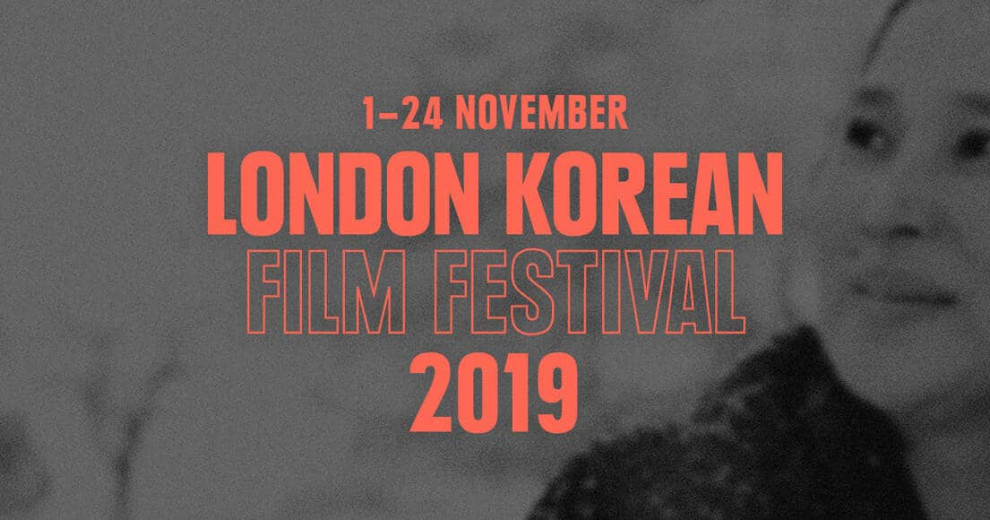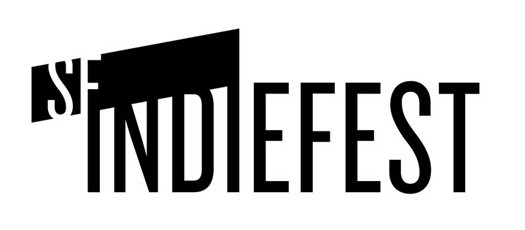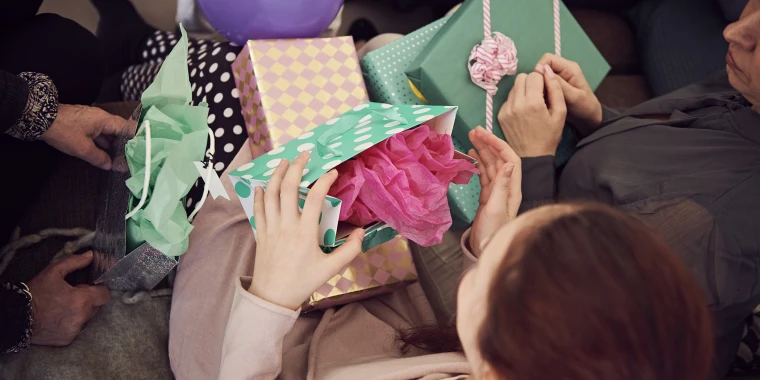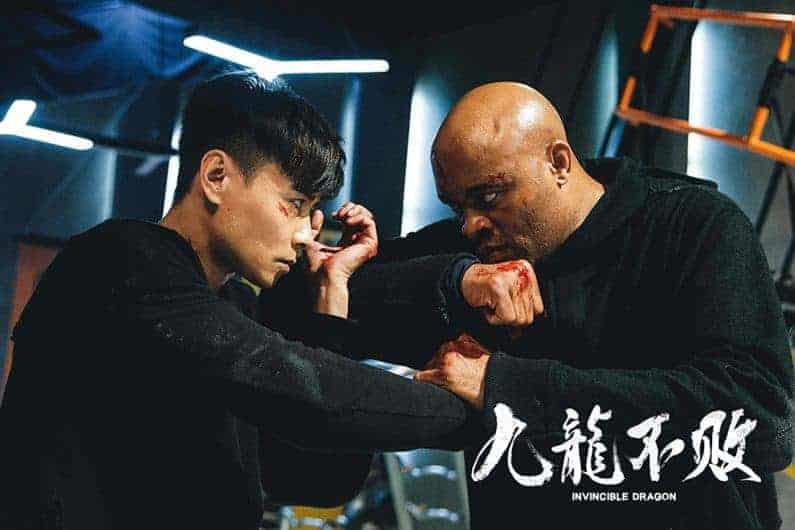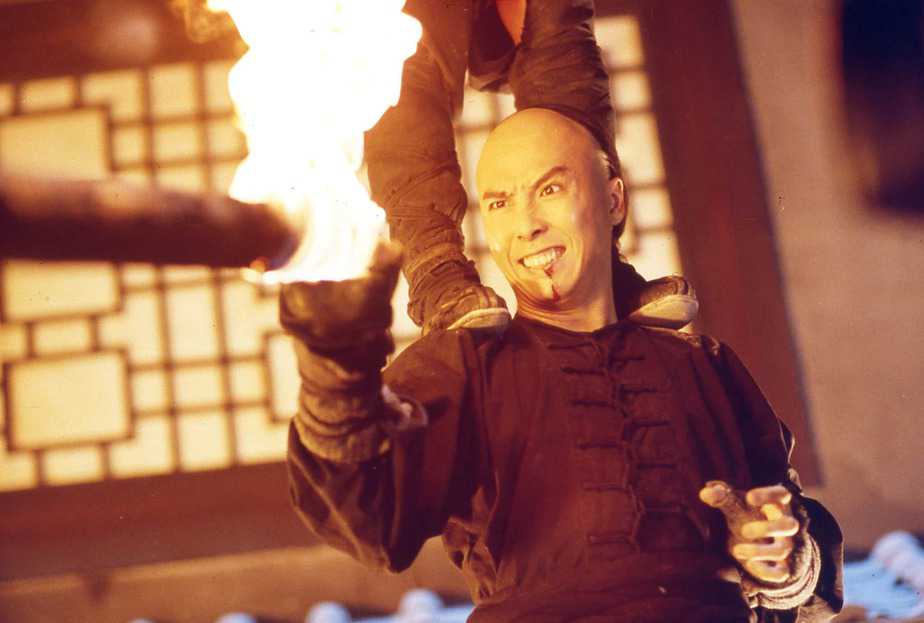The London Korean Film Festival (LKFF) has launched its full programme of films and events for the upcoming 14th edition, taking place from 1st-14th November in London before embarking on the annual tour 18th-24th November.
The London Korean Film Festival (LKFF) has launched its full programme of films and events for the upcoming 14th edition, taking place from 1st-14th November in London before embarking on the annual tour 18th-24th November.
The SPECIAL FOCUS, and much of this year's festival programme, will highlight the historic milestone of 100-years of Korean cinema along with an exciting mix of UK and International premieres, guests and events across a diverse set of strands; CINEMA NOW, WOMEN'S VOICES, DOCUMENTARY, HIDDEN FIGURES: Ha Gil-jong, ARTIST VIDEO, ANIMATION AND MISE-EN-SCÈNE SHORTS.

OPENING GALA – 1st November
The Seashore Village (1965) by Kim Soo-yong.
Newly restored, and presented in the UK for the very first time, the film tells the story of a young woman, Hae-soon, living in a village heavily populated by women who have lost their husbands at sea.

CLOSING GALA – 14th November
Scattered Night (2019, UK Premiere) by Lee Jihyoung and Kim Sol.
A crumbling family dynamic told through the eyes of two young children who must wait as their separating parents messily make their way towards a decision on which of them will take which child post-divorce.
SPECIAL FOCUS: A Century of Korean Cinema – A unique programme featuring pivotal titles exploring the nation's rich cinematic history.

A Hometown in Heart – (1949) Yun Yong-gyu follows an orphaned young monk as he traverses temple life while longing for the return of his mother.
Piagol – (1955) by Lee Kang-cheon finds a group of communist fighters waging war among mountain villages.
The Flower in Hell – (1958) by Shin Sang-ok. Disaster befalls the lives of prostitute Sonya, against the back-drop of occupied post-war Korea.
Aimless Bullet -(1961) by Yu Hyun-mok. The postwar struggle as a low-level clerk attempts to earn money for his family.
A Coachman – (1961) by Kang Dae-jin, finds a single father similarly struggling to provide for his family.
A Woman Judge – (1962) by Hong Eun-won. The country's second-ever film from a woman director, follows a young woman determined to become a judge.
Bloodline – (1963) by Kim Soo-yong. Three sets of parents attempt to force their children to forego personal ambitions in order to make money to support their families.
Goryeojang -(1963) by Kim Ki-young. The title refers to the practice of families abandoning relatives in the mountains once they reach old age.
Ieoh Island – (1977) by Kim Ki-young, incorporates the director's highly stylised filmmaking into a psychosexual mystery thriller in which a man investigates a murder on an isolated island inhabited only by women.
The Devil's Stairway – (1964) by Lee Man-hee, is a dark mystery thriller in which a chief surgeon murders the woman with which he is having an affair.
Homebound – (1967) by Lee Man-hee, follows the wife of a bedridden writer as she stumbles upon a chance at true happiness beyond the confines of her tragic circumstances.
A Day Off -(1968) by Lee Man-hee, presents an agonisingly bleak but beautiful look at a young couple's life in 1960s Seoul.
Ticket – (1986) by Im Kwon-taek looks at the lives of three newlyhired sex workers in a small seaside town.
The Man with Three Coffins – (1987) by Lee Jang-ho, tells a non-linear, dream-like story that addresses issues of displacement after the Korean War.
A Pillar of Mist – (1986) Park Chul-soo, follows the plight of a married couple.
The Age of Success – (1988) by Jang Sun-woo, mixes anarchic comedy with a sharp skewering of rampant 1980s capitalism.
Why Has Bodhi-Dharma Left for the East? – (1989) by Bae Yong-kyoon, a meditative reflection on the lives of three Buddhist monks.
Partisan in South Korea (Nambugun) (1990) byChung Ji-young, based on the accounts of a real-life war correspondent.
Single Spark – (1995), by Park Kwang-su shines a light on the country's strong protest practices.
The Day a Pig Fell into a Well – (1996) by Hong Sangsoo. His first film follows four intertwined lives in a fragmented, self-reflexive chronology.
Three Friends -(1996) by Lim Soon-rye is a biting satire that finds three young men whose lives are disrupted when they must report for military service.
The Contact – (1997) by Chang Yoon-hyun, love blossoms over the airwaves when a radio DJ plays a Velvet Underground track.
Peppermint Candy – (1999) by Lee Chang-dong, looks at different episodes of a man's life to portray a tragic personal story.
CINEMA NOW – It showcases the best of contemporary Korean cinema with a diverse and exciting line-up including some of Korea's finest recent titles.

Grass – (2017, UK Premiere) by Hong Sangsoo. A writer (Kim Minhee, The Handmaiden) eavesdrops on conversations in a cafe as their stories begin to intertwine.
Birthday – (2018, UK Premiere) by Lee Jong-un, focuses on one grieving family as it sensitvely tackles the aftermath of the Sewol Ferry tragedy of 2014.
A Resistance – (2019, European Premiere) by Joe Min-ho, based on the true story of Yu Gwan Sun, a political activist who became a symbol for the struggle for Korean independence against Imperial Japanese rule.
Idol – (2018, UK Premiere) by Lee Su-jin, an action-packed and blood-soaked neo-noir.
Extreme Job – (2018, UK Premiere) by Lee Byeong-heon, a hilarious action-comedy that follows an inept police squad on a narcotics bust as they work undercover at a fried chicken joint.
The Odd Family: Zombie On Sale – (2018, UK Premiere) by Lee Min-jae, an undead horror-comedy with a lot of heart that proves there's still life in the age old zombie formula.
Height of the Wave – (2019, UK Premiere) by Park Jung-bum, follows a police officer, Yeon-soo, who is transferred to an isolated island with her daughter when the actions of the locals start to cause alarm.
HIDDEN FIGURES – A celebration of renowned director Ha Gil-jong
The Pollen of Flowers -(1972), a relationship between a businessman and his protégé goes awry.
The March of Fools – (1975), a college comedy that offers a snapshot into 1970s student life.
The Ascension of Han-ne – (1975) mixes elements from traditional ghost stories and shamanic practices to tell the story of a woman who is saved from suicide.
WOMEN'S VOICES – This year celebrates the work of first-time women directors with four films.

Youngju – (2018, UK Premiere) by Cha Sung-duk finds a young woman forced into the role of parent to her wayward younger brother.
A Boy and Sungreen – (2018, International Premiere) by Ahn Ju-young finds an awkward schoolboy attempt to track down his father with the help of his more forthright female best friend.
A Bedsore – (2019, International Premiere) by Shim Hyejung tackles issues of treatment and care for the elderly as family wounds fester when a stubborn bedsore develops on a bed-ridden grandmother.
Yukiko (2018, UK Premiere) by Young Sun Noh, an intimate documentary tracing a family history scarred by war.
DOCUMENTARY
Water Utilization Tax (1984) presents the four month economic struggle of farmers in the Gurye county area and exposes their difficulties and organised response.
Blue Bird (1986) was born from conversations with farmers about their life and working conditions.
The Night Before the Strike (1990) comes from film collective Jangsangotmae and depicts the repression of a group of low-pay factory workers by their company managers as they attempt to unionise.
ANIMATION
A Story of Hong Gil-dong (1967) by Shin Dong-Hun concerns folk hero Hong Gil-dong, the spurned, son of a nobleman.
Astro Gardener (2019, UK Premiere) is a fun and lively fantasy adventure packed full of creative creatures and with an important ecological message.
SHORT – It will highlight award-winning works discovered at Korea's prestigious Mise-en-scène Short Film Festival (MSFF).

Freckles (2019), a bittersweet tale of first love that finds one young girl tasting romance after a drunken first kiss whilst at fat camp.
To Each Your Sarah (2019) sees one woman forced to rebuild her life after leaving a cheating husband.
Goodbye Bushman (2018) revolves around two brothers whose Africa-inspired games take a strange turn when they come across their own real-life ‘bushman' in the woods.
Milk (2019) follows a hotel maid working to afford baby formula and forced to commit a petty crime.
Yuwol: The Boy Who Made the World Dance (2018) is a charming musical following a young boy with the infectious urge to dance.
Camping (2019) holds dark thrills as a woman is kidnapped whilst at a remote camping spot with her husband.
The Stars Whisperer (2019) involves a young girl with hearing difficulties who forms a new relationship over a day spent skipping school.
The Lambs (2019) is centered on a pastor and a member of his congregation who share a dark connection and an obsession over a dead woman.
ARTIST VIDEO
Director and cinematographer Yoo Soon-mi presents:
Songs from the North (2014, UK Premiere), which interrogates the shared memory and collective history of the North and South Korean people.
Dangerous Supplement (2005) we gain an insight into the artists' early work, particularly the theme of memory that informs her later pieces.
Visual artist Park Chan Kyong presents:
Sets (2000) examining the North's perception of South Korea by looking at the constructed sets of South Korean streets and buildings housed at the National Film Studio of North Korea.
Flying (2005) examines the North-South divide via footage of flights in and out of Pyongyang and from the streets of the northern capital.
Believe It or Not (2018) is a short narrative piece inspired by the many people who have made the dangerous journey across the border.
Full details, screening times and ticket information can be found on the official website


